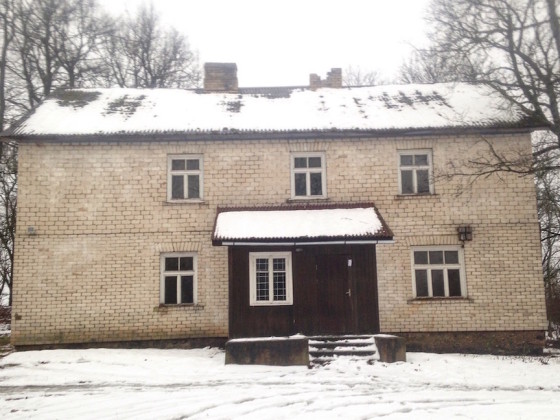DO YOU WANT TO LIVE IN A CASTLE? Like, an actual Norman castle in France, for free? Yes, of course you do, even if the castle is “small” and it comes with two dogs and three cats that you have to look after — those are tiny quibbles compared to the fact of living in your own fucking castle.
It sounds like a once-in-a-lifetime opportunity, but that sort of deal is relatively common on international housesitting websites, where strangers persuade other strangers to take care of their villas and their cats in exchange for staying there rent-free. The deal I just mentioned is a real one, currently offered on my favorite housesitting site, Mind My House. And if you buy a $20 subscription and create a convincing profile, you could be feeding a Labrador in an empty French castle in a couple of weeks.

